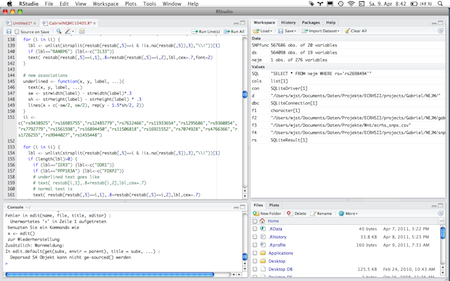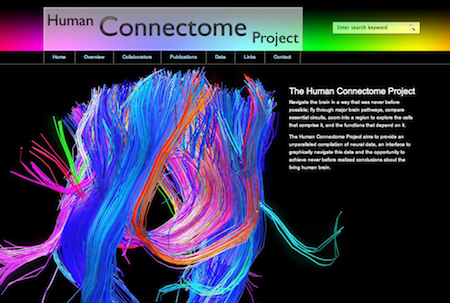Undoubtly, there is an avalanche of poor research – as the Chronicle wrote last June, “we must stop the avalanche of low-quality research”
the amount of redundant, inconsequential, and outright poor research has swelled in recent decades, filling countless pages in journals and monographs. Consider this tally from Science two decades ago: Only 45 percent of the articles published in the 4,500 top scientific journals were cited within the first five years after publication. In recent years, the figure seems to have dropped further
Also Genomeweb writes
Pedro Beltrao at the Public Rambling blog says there never seems to be enough time to keep up with all the literature researchers keep churning out. In 2009, 848,865 papers were added to PubMed, he says — that’s something like 1.6 papers per minute.
Continuing a discussion Continue reading LIMIT TO 5! What about a maximum of 5 papers per year per scientist?



